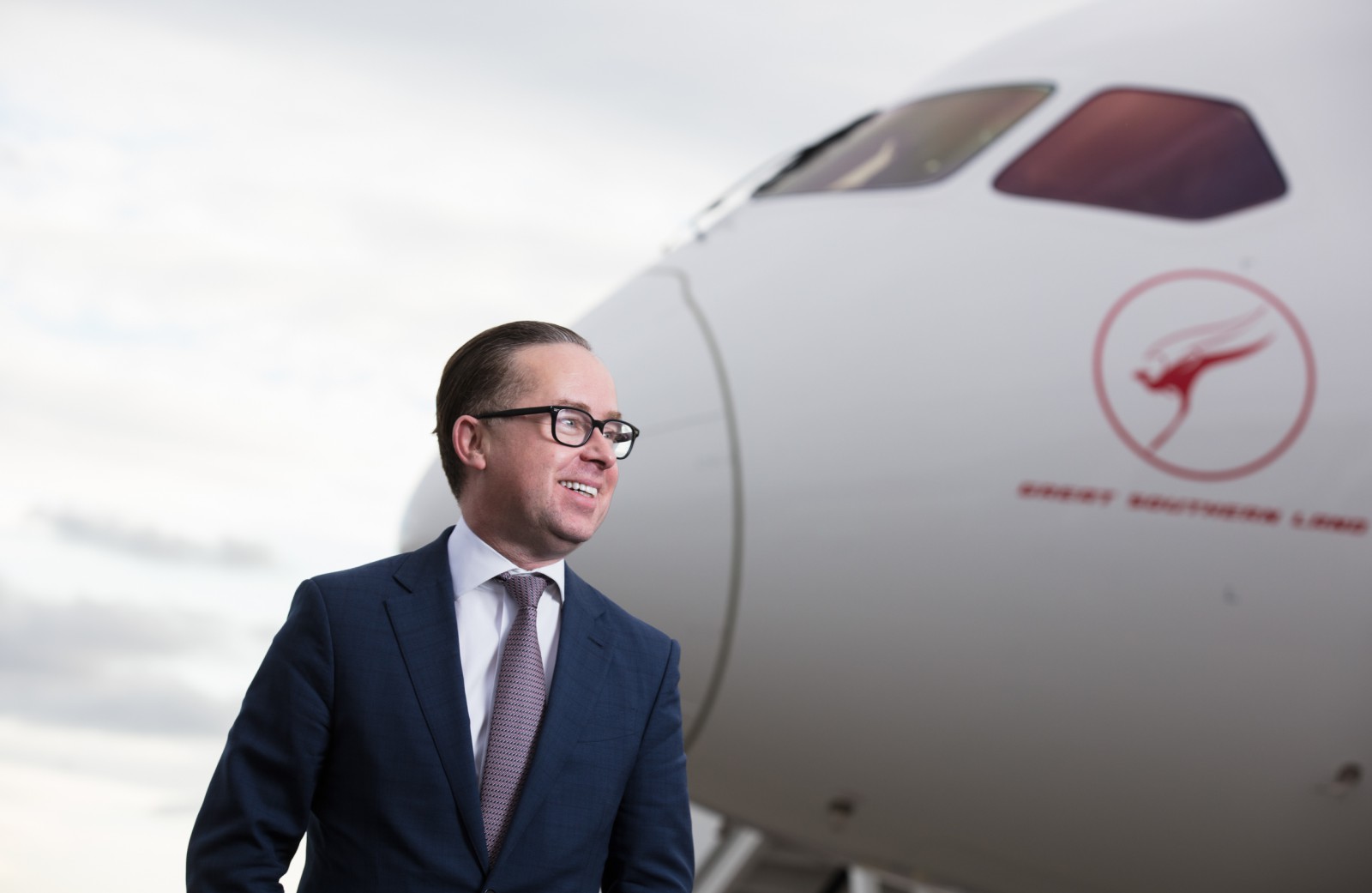Qantas to demand all staff be vaccinated
18 August, 2021
5 min read


All Qantas Group employees will need to be vaccinated against COVID-19 under a hardline policy the airline says is part of its commitment to safety.
The airline has set a deadline of November 15 for frontline employees such as cabin crew, pilots and airport workers to be fully vaccinated with other employees given until March 31, 2022.
And Qantas boss Alan Joyce has told those workers who decide they don't want a jab, and who don't have a documented medical exemption, that they should look at leaving the industry.
The move comes after a staff survey showing overwhelming support for vaccinations, with only 4 percent unwilling or unable to get a jab.
READ: Air New Zealand prepared for COVID crisis, CEO says.
It will add to an ongoing debate in Australia about the right of employers to demand their staff be vaccinated and the legal implications of doing so.
The Transport Workers' Union slammed the airline for announcing the policy without consulting workers.
It quoted its own, industry survey of 800 aviation workers suggesting only a third had been vaccinated, with many saying they were having difficulty organizing shots.
It also accused the airline of "jumping the gun" by pre-empting a roundtable involving government, union and employer representatives.
However, the policy appears to be in line with passenger expectations with a separate survey of more than 1000 Qantas customers finding 92 percent expected Qantas crew to be fully vaccinated.
“Having a fully vaccinated workforce will safeguard our people against the virus but also protect our customers and the communities we fly to,’’ Joyce said.
“One crew member can fly into multiple cities and come into contact with thousands of people in a single day.
“Making sure they are vaccinated given the potential of this virus to spread is so important and I think it’s the kind of safety leadership people would expect from us.
“We provide an essential service, so this will help guard against the disruptions that can be caused by just one positive COVID-case shutting down a freight facility or airport terminal.”
There will be exemptions for those unable to be vaccinated for documented medical reasons but the airline expects this to be rare.
Joyce said the airline would find other mechanisms such as social distancing, masks and testing for those with a medical exemption.
“But we think that’s a very low number,'' he told a press conference.
"If other employees are deciding they are not taking the jab, then they are deciding, I think, that aviation isn’t the area for them.
"We will have limited redeployment opportunities given that the organization has significantly shrunk in the last year or so because of COVID.
"And I think each individual has to make that decision on their own personal basis but we’re being clear that we believe that for the safety of the workplace, the safety of our customers, the safety of the community, we will be making it a requirement for our people."
The airline’s survey of 22,000 people received 12,000 responses and found 89 percent had already been vaccinated or were planning to get a jab.
About three-quarters believed vaccination should be a requirement for all employees and said they would be concerned if other workers remained unvaccinated.
Joyce said other organizations in Australia were also looking at vaccination requirements and there was a trend towards them in the rest of the world.
He noted two Australian states had also made vaccination a condition of entry but said the airline had not yet made a decision on whether it would require domestic passengers to be vaccinated as there were a lot of issues to go through.
"We need to do a lot more research before we have a final decision on what happens domestically,'' he said.
READ: Qantas's giant vaccination carrot: a year's unlimited flying
However, he confirmed the airline was preparing to require international passengers to be vaccinated, something that was already clearly required by many countries around the world.
He cited Australia, the UK and the US as countries that would require vaccinations if travelers did not want to enter quarantine.
"We're getting ready technically to have that as a requirement and we think that's a sensible thing to do on international and that is still our plan,'' he said.
The Qantas boss said it was clear vaccinations were the only way to end the cycle of lockdowns and border closures and the company's survey demonstrated how important it was for employees wanting to get back to work.
“Since vaccines became available, we’ve strongly encouraged all of our people to get the jab and are offering paid time off to get it done,'' he said.
"We were really pleased to see from the survey that more than three-quarters of those who responded have already rolled up their sleeve at least once and 60 percent have had both jabs.
“Many of our people said they would feel concerned about working with unvaccinated colleagues, which is something that many workplaces across the country are grappling with.
“We understand there will be a very small number of people who decide not to get the vaccine, and that’s their right, but it’s our responsibility to provide the safest possible environment for our employees and for our customers.’’
The airline plans to hold further talks with employees, health and safety representatives and unions over the coming weeks on policy details, including the application of medical exemptions.
Get the latest news and updates straight to your inbox
No spam, no hassle, no fuss, just airline news direct to you.
By joining our newsletter, you agree to our Privacy Policy
Find us on social media
Comments
No comments yet, be the first to write one.

